Travel demand is surging in many hubs, yet some places are slipping for reasons that have little to do with beaches or museums. Wars unsettle plans. Protests close rails. Currency swings flip bargains into splurges. Heat and fires rewrite high season. Advisories land in inboxes, and bookings follow the mood. What this really shows is that numbers tell human stories. Safety, price, and ease still decide where planes land and where travelers feel ready to linger.
Israel

After Oct. 7, tourism fell hard as security concerns and flight cuts rippled through every segment. Pilgrimage routes paused, conferences vanished from calendars, and hotels shifted to emergency housing. Small guides felt it first, then souvenir markets and tour buses. Insurance hurdles and airline schedules, not ad campaigns, will set the pace of any rebound. Heritage sites remain magnetic, but comfort must return before visitors do, and that return usually arrives in careful, uneven waves.
Lebanon
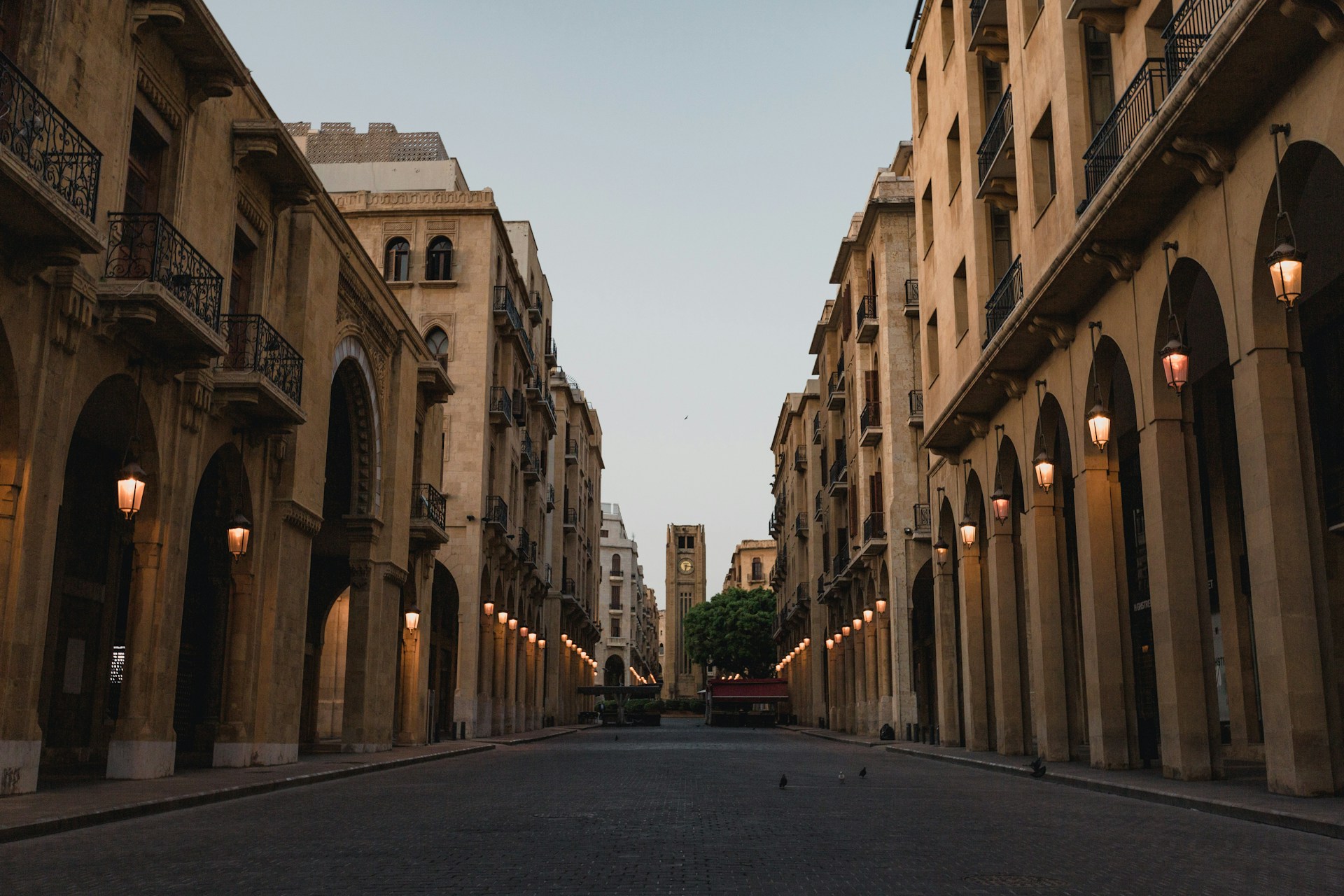
Cross border clashes and suspended routes chilled a fragile recovery. Arrivals slid, festivals trimmed lineups, and seaside towns shortened hours to match thinner crowds. The draw has not disappeared. Mountains, cuisine, and music still sell themselves. But travelers respond to clear signals, and mixed headlines keep families on the fence. The path back depends on stable borders, reliable flights, and a period of quiet long enough for word of mouth to change the narrative.
Jordan
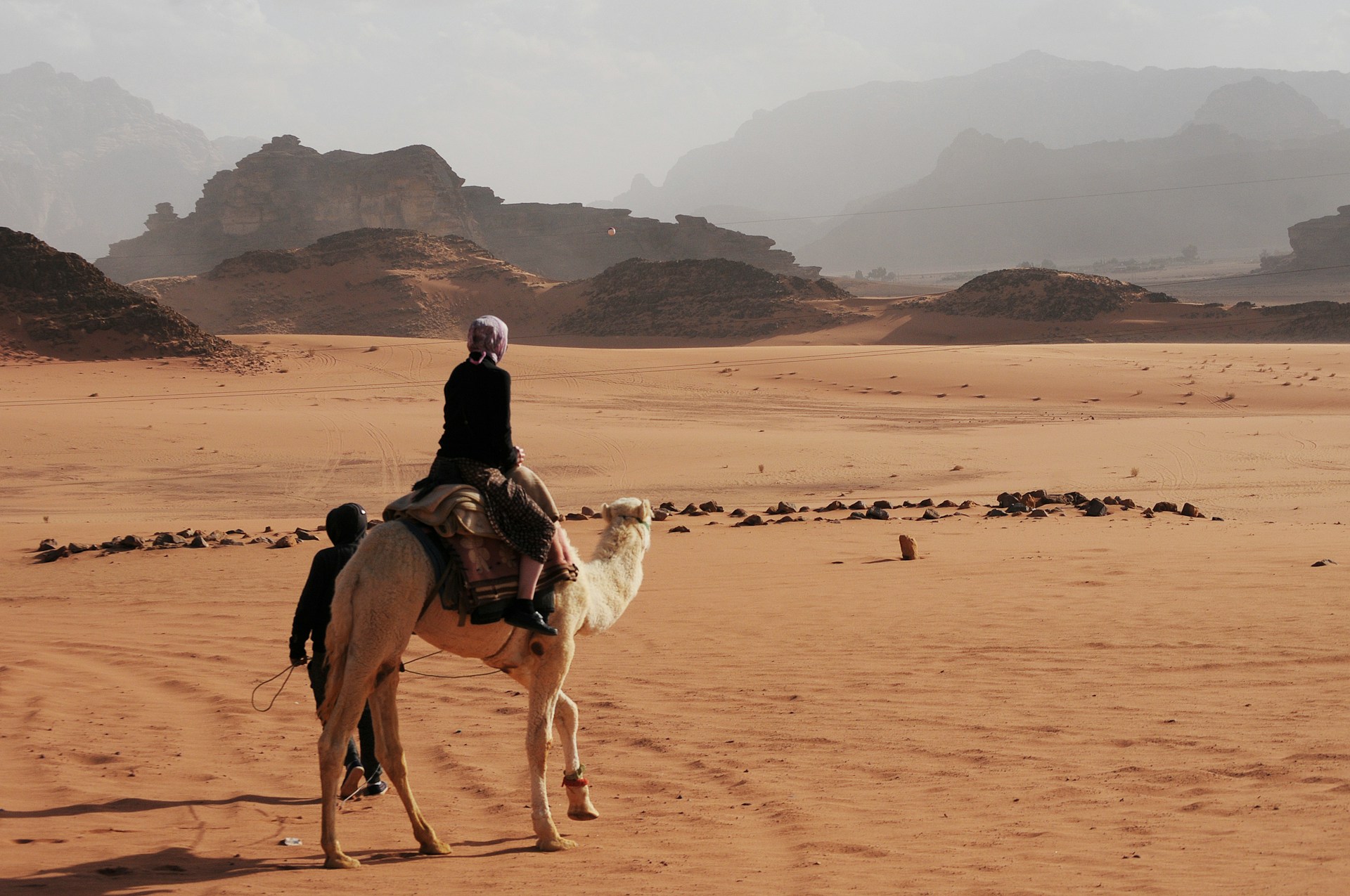
Jordan posted a strong 2023, then felt a regional aftershock as group operators grew cautious. Petra and Wadi Rum stayed open, yet cancellations from long haul markets stacked up and receipts softened. The product is still excellent. Logistics are clean, guides are skilled, and distances are manageable. But proximity matters in a traveler’s mind. Steady air links, crisp messaging, and patient pacing will do more than flash sales to restore momentum.
Peru
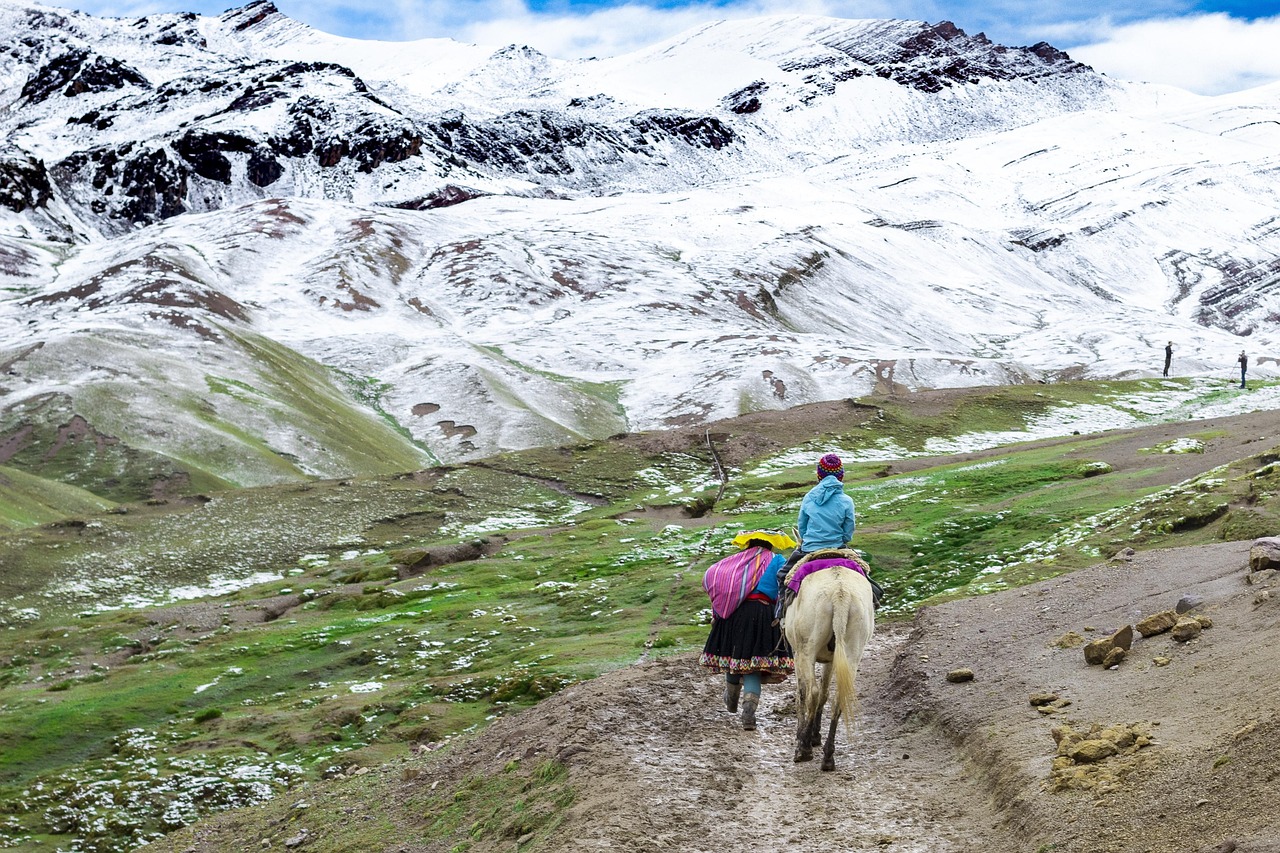
Start stop access to Machu Picchu rattled confidence as rail disputes and closures stranded day plans. Tour jobs across the Sacred Valley felt each hiccup, and cautious travelers pushed trips to a safer month or a different continent. Agreements have improved service, yet memories linger when a bucket list site goes dark. The fix is steady reliability. When the citadel opens on time for months in a row, bookings usually return almost as quickly as they left.
Myanmar

The 2021 coup gutted inbound travel and left river routes, temples, and trekking corridors without their usual lifeblood. Safety warnings, limited flights, and insurance exclusions keep operators from building new seasons. Marketing cannot outrun risk math. Until routes are stable, services consistent, and headlines calmer, leisure demand will remain a trickle. The country holds remarkable heritage, but visitors need assurance that a trip will be more than a complication and a story of delays.
Haiti

An escalating security crisis stalled travel entirely as airlines cut service and aid flights took priority. Guesthouses sat empty, guides lost months of income, and community based tours went quiet. The human toll is the real headline. Tourism will only return after security and basic services return first. Price or promotion does not move the needle in times like these. Stability, trusted corridors, and clear rules always precede any meaningful rebound.
Argentina
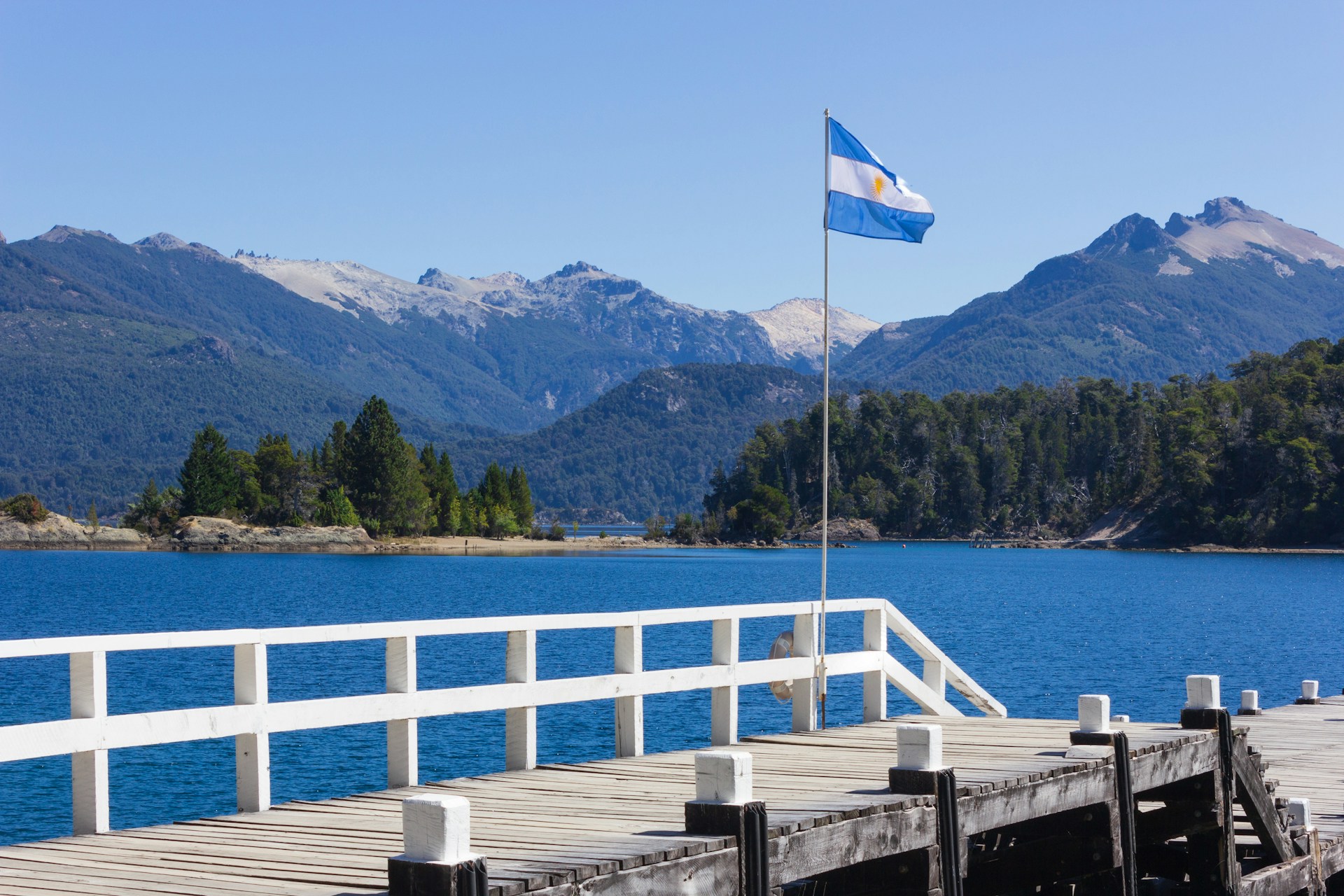
Currency shifts flipped a recent bargain narrative. When the peso moves quickly, published prices lag while real costs jump, and travelers hesitate. Arrivals cooled, while more Argentines traveled abroad when possible. Operators pivoted to smaller, higher spend groups, but wide demand softened. The country remains a powerhouse for food, wine, and wilderness. What recovers confidence is simple: predictable exchange rates, clear rules at borders, and airfares that make itineraries feel grounded again.
Thailand

The long arc is positive, yet monthly deltas tell a slower story. China’s recovery has been uneven, competition from neighbors sharpened, and airfare stayed higher than expected. Visa policies and fees moved around enough to add friction. None of this erases Thailand’s deep bench of beaches, temples, and cuisine. It just means growth will favor markets with direct flights and clear entry rules. Consistency, not novelty, is the lever that restores pace.
Hong Kong
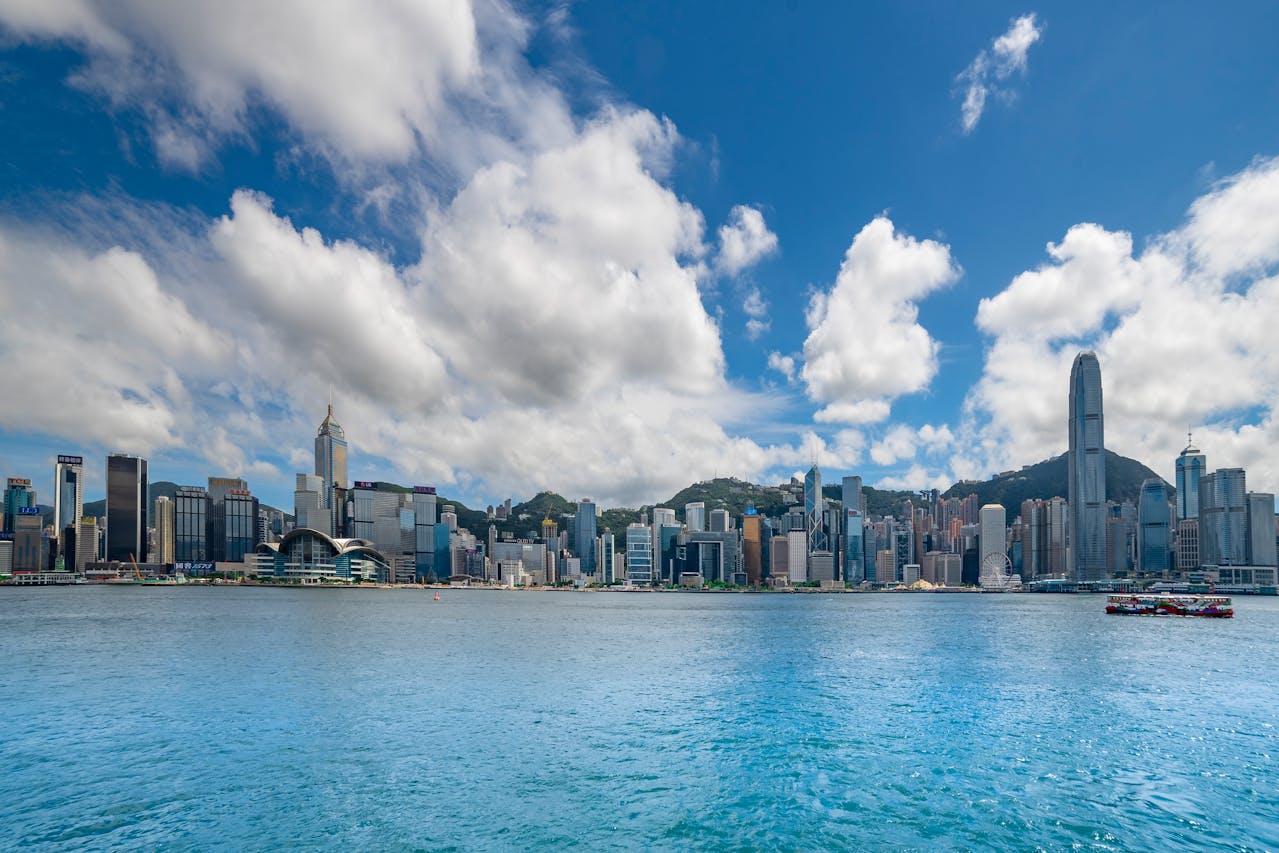
Numbers bounced from pandemic lows, but the city still trails 2019 and sometimes misses official targets. Perception lags reality when it comes to value, events, and border ease. Locals enjoy abundant outbound options, which reshapes hotel math and retail plans. The skyline remains unmatched, and new cultural venues help. The gap closes when travelers see smoother crossings, strong festivals, and prices that feel fair enough to justify a long haul weekend.


